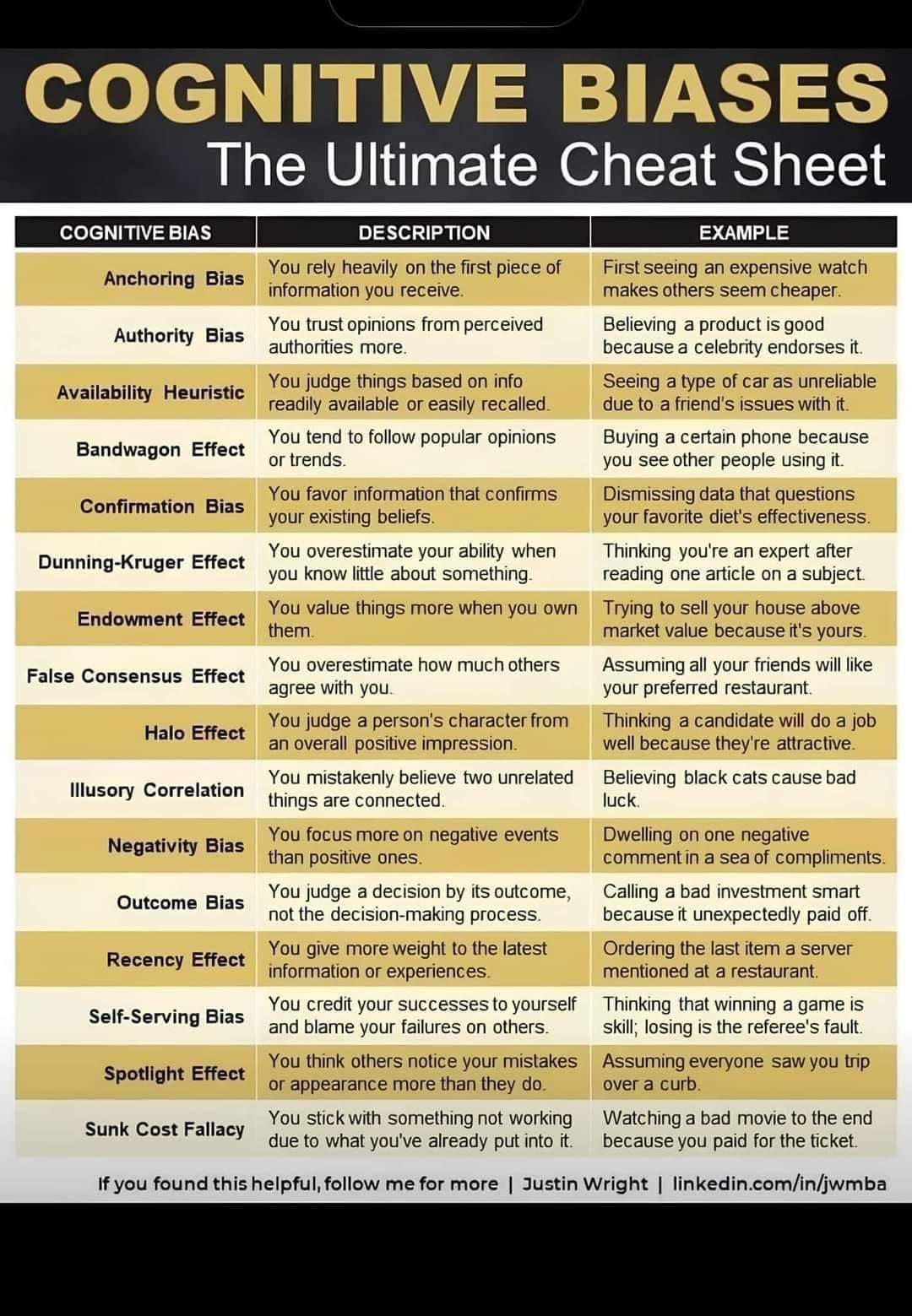this post was submitted on 23 Oct 2024
611 points (97.1% liked)
Science Memes
14949 readers
3052 users here now
Welcome to c/science_memes @ Mander.xyz!
A place for majestic STEMLORD peacocking, as well as memes about the realities of working in a lab.

Rules
- Don't throw mud. Behave like an intellectual and remember the human.
- Keep it rooted (on topic).
- No spam.
- Infographics welcome, get schooled.
This is a science community. We use the Dawkins definition of meme.
Research Committee
Other Mander Communities
Science and Research
Biology and Life Sciences
- [email protected]
- [email protected]
- [email protected]
- [email protected]
- [email protected]
- [email protected]
- [email protected]
- [email protected]
- [email protected]
- [email protected]
- [email protected]
- [email protected]
- [email protected]
- [email protected]
- [email protected]
- [email protected]
- [email protected]
- [email protected]
- [email protected]
- [email protected]
- [email protected]
- [email protected]
- [email protected]
- [email protected]
- !reptiles and [email protected]
Physical Sciences
- [email protected]
- [email protected]
- [email protected]
- [email protected]
- [email protected]
- [email protected]
- [email protected]
- [email protected]
- [email protected]
Humanities and Social Sciences
Practical and Applied Sciences
- !exercise-and [email protected]
- [email protected]
- !self [email protected]
- [email protected]
- [email protected]
- [email protected]
Memes
Miscellaneous
founded 2 years ago
MODERATORS
you are viewing a single comment's thread
view the rest of the comments
view the rest of the comments

YSK: the Dunning-Kruger effect is controversial because it's part of psychology's repeatability problem.
Other famous psychology experiments like the 'Stanford prison experiment' or the 'Milgram experiment' fail to show what you learned in psych101. The prison experiment was so flawed as to be useless, and variations on the Milgram experiment show the opposite effect from the original.
For those familiar with the Milgram experiment: one variation of the study saw the "scientist" running the test replaced with a policeman or a military officer. In these circumstances, almost everybody refused to use high voltage.
Controversial in the sense that it can be easily applied to anyone. There is some substance to the idea that a person can trick themselves into thinking they know more based on limited info. A lot of these biases are like that, they aren't cut and dry but more of an gray area where people can be fooled in various ways. Critical thinking is hard even if it's taught, and it's not taught well enough or at all.
And all of that is my opinion and falls into various biases, but oh well. The easiest person to fool is yourself because we are hardwired in our brain to want to be right, with rewards to ourselves when we find things that help confirm it even if the evidence is not valid. I think the best way to try and avoid the pitfalls is to always back up your claim with something. I've found myself often(!) erasing a response to someone because what I was going to reply didn't have the data that I thought it did and I couldn't show I was correct after I dug a bit to find something.
I almost deleted this for the very reason, but I want to see how it hits. I feel that knowing there's a lot of biases that anyone can fall into can help form better reasoning and argument.
What bias would that fall under? One could assume the variation has to do with the average American's trust of law enforcement vs their trust of a qualified person.
(Assuming the repeat experiments were done in the US that is)
but how will other redditors know how smart I am if i dont regurgitate what i read on reddit